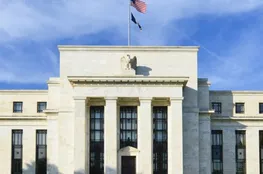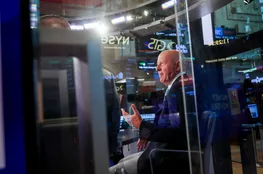Formula 1 is set to adjust its budget cap from 2026 to accommodate teams in countries with higher salary levels, according to sources from BBC Sport. This decision will particularly benefit Audi, which is poised to officially join F1 competition in just over a year. The German automaker has acquired the Sauber team, headquartered in Switzerland. Swiss salary levels are 35-45% higher than those in the UK or Italy, where the other nine F1 teams are based. The budget cap adjustment has been under discussion for at least two years and was confirmed by the FIA's world motorsport council.
Although Audi will enjoy a higher budget cap compared to its rivals, the FIA emphasizes that this measure levels the financial playing field, considering regional cost discrepancies. The change is part of a comprehensive overhaul of the F1 budget cap system, initially launched in 2021. From 2023's $135 million, the cap will rise to $215 million per team by 2026. While this seems like a significant increase, actual adjustments are marginally higher than inflation. This is due to recalibrations and eliminations of benefits, including the removal of tax rebates for UK-based teams' research and development expenditures, plus the impact of exchange rate changes since the cap's inception.
Specifics regarding Audi's exact budget cap relative to other teams remain undetermined. This will rely on the percentage of Audi's spend attributed to salaries, which, being higher than other teams', will be calculated using the FIA's formula. The formula uses data from the Organisation for Economic Co-Operation and Development (OECD) on international average salaries alongside F1 team salary figures. Presently, top three F1 teams pay average salaries of £90,000 whereas Sauber, trailing last in the current championship, averages £125,000. Since salaries constitute about 35-40% of a team's budget, Sauber/Audi effectively operates on a lower budget cap than others.
Mattia Binotto, newly appointed as chief operating and technical officer for Audi, conveyed to BBC Sport that competitiveness in F1 would be unattainable for Audi without this budget cap modification. He highlighted Audi's acceptance of facing a $20 million shortfall due to exchange rate changes being incorporated into the 2026 recalibration. Despite opposition from the other nine teams, who resist the proposed budget cap offset, they lack the power to block it; none have executed F1 contracts extending into 2026, thus no governance mechanism currently exists to influence the decision. Continued dialogues are anticipated over the next two months as teams review figures provided by the FIA, with a conclusive decision expected at the world council meeting in December.
























